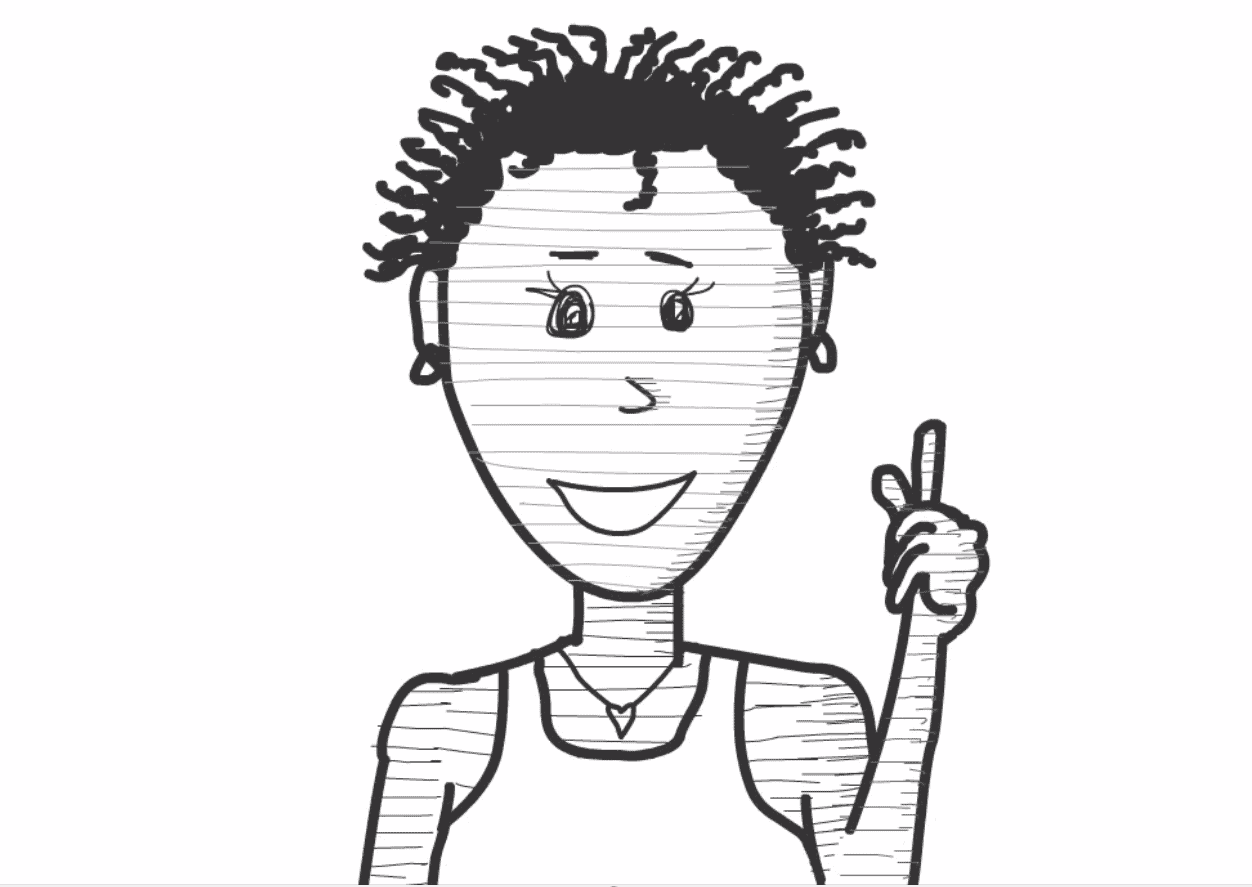
Despite our image of ourselves as very rational people, our ability to make rational decisions can be affected by limitations in our thinking known as cognitive biases. These flaws in judgement, caused by common memory errors and miscalculations, can lead us to make questionable decisions without even realising why.
Cognitive biases aren’t all bad though: some social psychologists believe these biases are designed help us process information and come to conclusions more quickly, especially in dangerous situations. Nevertheless, on important decisions where we really need to get it right, they can lead us to make mistakes, so understanding them and correcting for them can help us to make better decisions.
There are over 100 known cognitive biases, but here are five to watch out for:
- Confirmation Bias
We love to agree with people who agree with us. Confirmation bias occurs when we reference only perspectives that fuel our pre-existing views, ignoring opinions that make us feel insecure or threaten our world-view. Behavioural psychologist B. F. Skinner called this discomfort cognitive dissonance. The Internet has increased this tendency, enabling us to filter out people or news sources that make us feel uncomfortable about our views. - Ingroup Bias
Ingroup bias causes us to overestimate the abilities and value of our immediate group at the expense of people we don’t really know. This tribal behaviour may be connected to oxytocin, a neurotransmitter that helps us forge tighter bonds with people in our group but can also make us suspicious and disdainful of others. - Projection Bias
We tend to assume that most people think like us. This cognitive shortcoming often leads to a related effect known as the false consensus bias where we believe that people not only think like us, but also agree with us, assuming that a consensus exists when there may be none. - Status-Quo Bias
We tend to be apprehensive of change. This can lead us to make choices that guarantee that things remain the same, or change as little as possible. We stick to what we know, often assuming that another choice will be inferior or make things worse. - Current Moment Bias
We also find it difficult to imagine ourselves in the future. Most people prefer to experience pleasure in the current moment, while leaving the pain for later. This bias is of particular concern to economists and health practitioners. A study showed that when making food choices for the coming week, 74% of participants chose fruit. When the food choice was for the current day, 70% chose chocolate.
Learn more about your mind in our illustrated guides, The Mind Manual and A Mind for Business, published by Hamlyn Press and Pearson/FT.
References:
- Slovic Paul, Peters Ellen, Risk Perception and Affect. Current Directions in Psychological Science December 2006 15: 322-325
- Sunstein Cass R, Probability Neglect: Emotions, Worse Cases and Law. The Yale Law Journal Vol. 112, No. 1 (Oct., 2002), pp. 61-107
- Festinger Leon (1957). A Theory of Cognitive Disonance
- Read D, van Leeuwen B, Predicting Hunger: The Effects of Appetite and Delay on Choice. Organ Behav Hum Decis Process. 1998 Nov;76(2):189-205.
- Ten years of research on the false-consensus effect: An empirical and theoretical review. Marks, Gary; Miller, Norman. Psychological Bulletin, Vol 102(1), Jul 1987, 72-90. doi: 10.1037/0033-2909.102.1.72
- Science 11 June 2010: Vol. 328 no. 5984 pp. 1408-1411. The Neuropeptide Oxytocin Regulates Parochial Altruism in Intergroup Conflict Among Humans Carsten K. W. De Dreu1,*, Lindred L. Greer1, Michel J. J. Handgraaf1, Shaul Shalvi1, Gerben A. Van Kleef1, Matthijs Baas1, Femke S. Ten Velden1, Eric Van Dijk2, Sander W. W. Feith3
